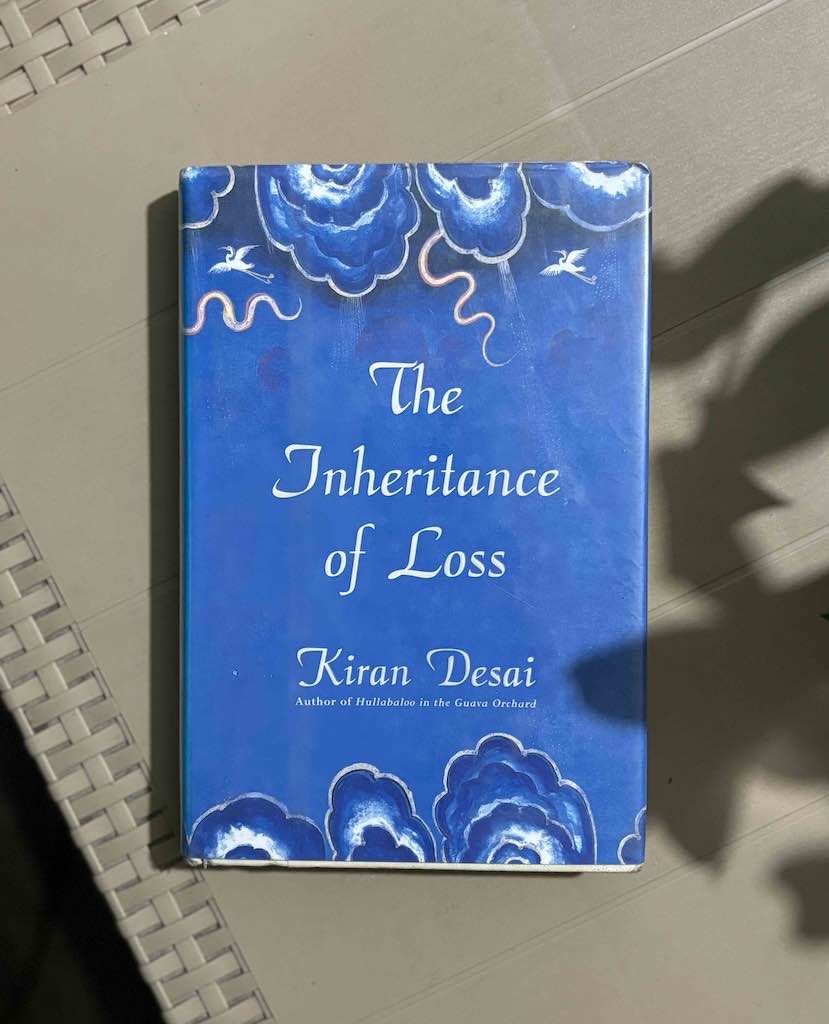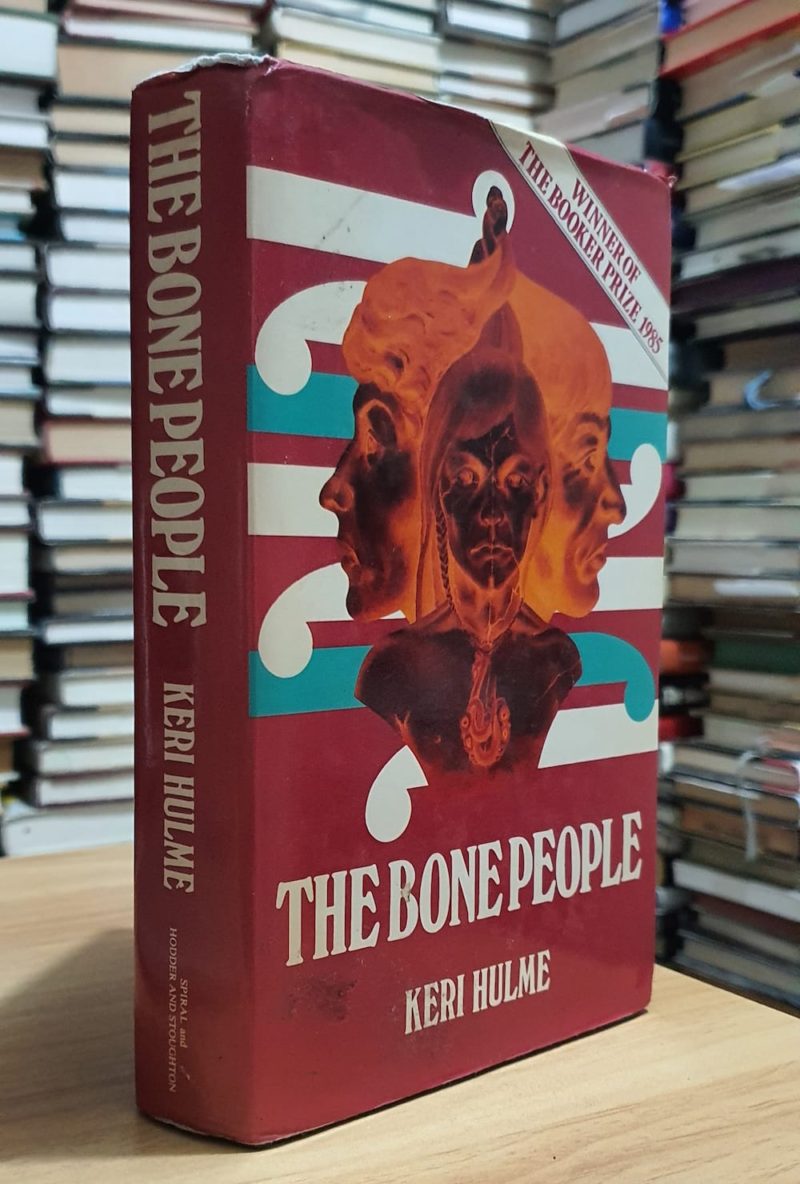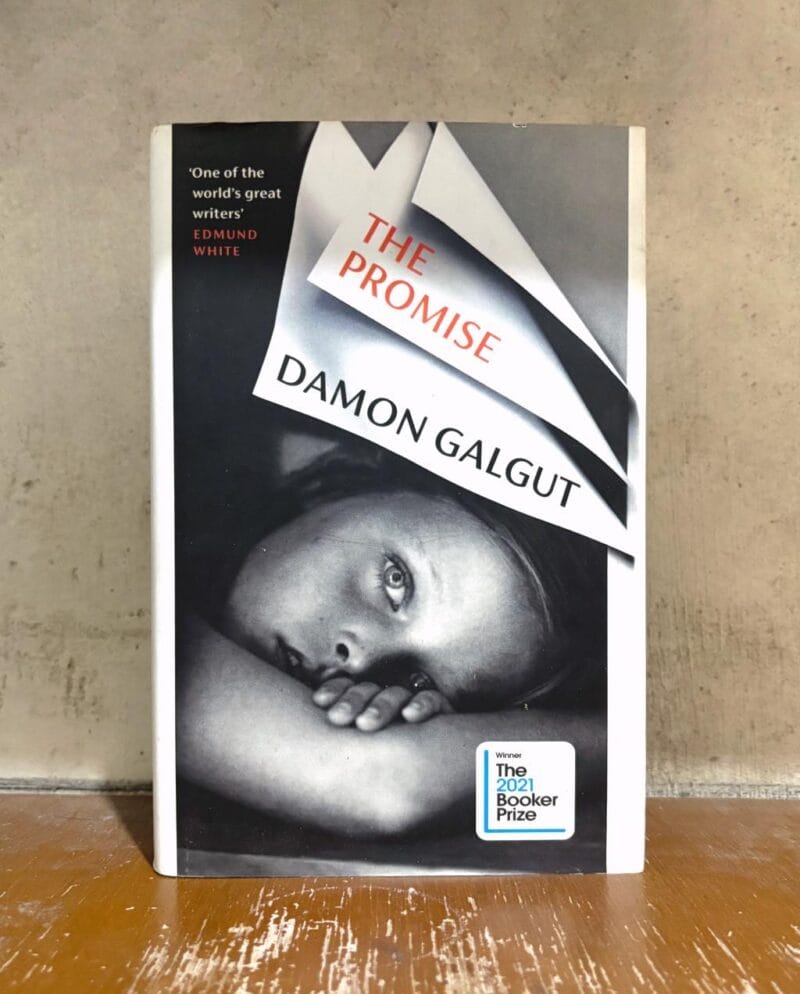Kiran Desai’s novel The Inheritance of Loss (2006) is a poignant exploration of migration, identity, and the lingering shadows of colonialism. Set across two continents, this acclaimed novel weaves together the lives of a judge, his granddaughter, and their cook as they navigate personal and cultural challenges. Desai’s narrative intricately highlights the complexities of globalization and multiculturalism, earning her the Booker Prize among other prestigious awards.
Against the backdrop of a changing world, the characters grapple with profound themes of love, culture, and politics. Each character’s journey resonates with the universal quest for belonging and identity, making Desai’s work a compelling examination of the human experience. The National Book Critics Circle Fiction Award further recognizes the novel’s literary significance and the strength of Desai’s storytelling.
Readers are drawn into the vivid atmospheric settings and the richly developed characters, inviting reflection on the broader socio-political landscapes of the era in which the novel is set. Through razor-sharp insights and deft commentary, The Inheritance of Loss offers a window into the intricate interplay of personal lives and global forces, ensuring its place as a thought-provoking read.
Novel Overview

Desai’s novel is a multi-layered narrative set amidst the fading grandeur of colonial India and the harsh realities of immigrant life in America. It explores the lives of characters grappling with the legacy of colonialism, the complexities of cultural identity, and the yearning for belonging in a world marked by displacement and change. Desai’s evocative prose paints a vivid picture of both internal and external struggles, highlighting the universal themes of loss, longing, and the search for meaning.
Plot Summary
The story, set in the 1980s, takes place primarily in Kalimpong, a town in the Himalayan foothills. The central figures are Jemubhai Patel, an Anglicized and reclusive retired judge, his granddaughter Sai, and Pannalal, the cook. The judge’s past, marred by experiences in colonial England, echoes throughout the novel. This background is juxtaposed with Sai’s youthful aspirations, together with her math tutor and eventual love interest, Gyan.
The narrative is interlaced with perspectives from Biju, the cook’s son, who struggles as an undocumented immigrant in the United States, highlighting the stark cultural and emotional contrasts between life in the East and the West. Political unrest stirred by Nepalese insurgents augments the tension in their lives, bringing issues of nationalism and identity to the forefront.
Key Themes and Symbols
Colonialism and Post-Colonialism: The novel tackles the long-lasting impact of colonial rule as reflected in Jemubhai Patel’s internal conflict and cultural dissonance. His character symbolizes the crisis of identity experienced by many individuals in post-colonial societies, torn between inherited Western ideals and native heritage.
Immigration and Globalization: Biju’s journey in the United States symbolizes the economic aspirations that drive immigration, alongside the harsh realities faced by immigrants. The theme of globalization is explored through the disparities and connections between different cultures and nations.
Loss and Identity: Central to the novel is the exploration of personal and cultural identity, underscored by experiences of loss—loss of identity, homeland, and connection. The characters’ struggles reflect broader societal tensions tied to belonging and cultural integration.
Literary Significance
The Inheritance of Loss is highly regarded for its intricate portrayal of cultural and emotional dislocation. Desai’s prose is both vivid and nuanced, painting the complexities of her characters’ lives against the broader canvass of a fragmented world. The novel’s nonlinear structure enriches its emotional depth, seamlessly connecting personal tales with historical and political narratives.
By juxtaposing different settings and time frames, Desai delves into the universal theme of belonging, making a profound commentary on human experience. Having won the Booker Prize in 2006, the novel cemented its place as a significant work highlighting issues relevant to contemporary Indian novels.
Critical Reception
The novel received widespread acclaim for its compelling and incisive exploration of themes like colonial legacy and the immigrant experience. Critics praised Desai for her eloquent prose and ability to interweave multiple narratives with sensitivity and insight, creating a poignant reflection on displacement and identity.
While most reviews lauded the novel’s thematic richness and narrative scope, there were mixed opinions on its pacing and focus. Nonetheless, its merits and the timely issues it tackles ensure its continued relevance in literary discussions and analysis.
Characters and Analysis

The novel centers on the lives of Sai, Biju, and Gyan, each grappling with their unique struggles amidst the backdrop of cultural upheaval. These characters navigate issues of identity, belonging, and the clash of cultures.
Each character’s journey provides critical insights into the broader themes of immigration, cultural conflict, and personal transformation. As these characters navigate the complexities of their worlds, they reveal the deeply rooted cultural conflicts and internal struggles that arise from displacement, whether geographic, social, or emotional.
Sai: The Protagonist
Sai is a central figure in the narrative. She is a young orphan living with her grandfather, the retired judge, in the northeastern part of India. Her life illustrates the struggles of reconciling modernity with tradition. Under the care of a disengaged guardian, Sai seeks emotional connections and understanding.
Her education at a convent school conflicts with the traditional Indian lifestyle she encounters at home, creating a sense of divided identity. Sai’s relationship with her tutor, Gyan, introduces her to unrest and political turmoil, further complicating her sense of self and her place in the world.
Jemubhai Patel: The Judge
Jemubhai Patel, Sai’s grandfather, is a retired judge whose time in England left him deeply scarred by experiences of racism and alienation. His profound sense of inferiority, shaped by colonial attitudes, manifests in his obsession with all things British and disdain for his Indian heritage. This internalized self-hatred drives him to withdraw emotionally, isolating himself from those around him.
His emotional detachment particularly affects his relationship with Sai. Rather than offering warmth or guidance, Jemubhai treats her with coldness, reflecting his inability to connect with others. His internal struggles highlight the damaging effects of colonialism on personal identity, leaving him trapped between cultures, unable to fully embrace either one.
Pannalal: The Cook
Pannalal is a devoted father who works for the judge, serving with dedication his household as a cook. His dreams revolve around his son Biju’s success in America, with the conviction that his hard work will pave the way for a better life. Pannalal’s aspirations reflect his hopes for upward mobility and a brighter future.
However, Pannalal remains largely unaware of the harsh and disillusioning realities that Biju faces as an undocumented immigrant. While Pannalal’s optimism drives him, it contrasts sharply with Biju’s struggles, highlighting the disconnect between idealized dreams and the often harsh truth of immigrant experiences.
Biju: The Immigrant
Biju’s narrative explores the harsh realities of immigration. Living in New York City, he grapples with the challenges faced by undocumented workers. His experiences highlight the struggle for identity amidst isolation and exploitation.
Despite facing discrimination and hardship, Biju maintains a strong sense of hope. His interactions with other immigrants illustrate the shared struggles and dreams of those in the diaspora. The contrast between his imagined prospects and reality sheds light on the gap between expectation and experience for many immigrants.
Gyan: The Tutor
Gyan serves as a pivotal character in Sai’s life, representing both a mentor and a source of conflict. As an educated Nepali tutor, he initially embodies the ideal blend of tradition and modernity. However, his growing political consciousness and affiliation with the Gorkha movement drive a wedge between him and Sai.
Gyan’s contradictions reflect the tension between personal ambition and social pressure. His journey raises questions about identity, allegiance, and the impact of political ideologies on personal relationships. This complexity adds depth to his character, inviting the reader to explore the nuanced layers of human motives and actions.
Supporting Characters:
Lola and Noni
- Two sisters living in Kalimpong, who are anglophiles like the judge and are more connected to their Westernized upbringing. Their characters offer insights into the social stratification in post-colonial India.
Father Booty
- A Swiss priest living in Kalimpong, who, despite having lived in India for decades, is eventually forced to leave due to immigration issues. His character touches on themes of belonging and displacement.
Gyan and Sai’s relationships
The relationship between Sai and Gyan is emblematic of clashing identities and conflicting desires. Their bond, rooted in shared intellect and youthful affection, evolves into a battleground for larger socio-political controversies. As Gyan becomes increasingly involved in regional activism, their interactions are strained by divergent priorities and beliefs.
This relationship serves as a microcosm for broader cultural conflicts, highlighting the impact of historical and political influences on personal identities. Their shifting dynamic underscores the novel’s exploration of how external forces can shape individual lives, emphasizing the quest for understanding amid chaos.
Historical and Cultural Context

Desai’s novel masterfully weaves the historical and cultural intricacies of Indian society and its diaspora. The novel effectively explores the impact of colonial legacies and the dynamics of migration against the backdrop of the 1980s political climate.
Kalimpong and the Gorkhaland Movement
Set in Kalimpong, a region at the heart of the Gorkhaland movement, the novel reflects the intense demands for a separate state for ethnic Gorkhas in West Bengal. This movement, driven by ethnic identity and political unrest, affected the lives of its protagonists in profound ways.
The retired judge epitomizes the colonial hangover; his lifestyle is a remnant of British influence, highlighting the tension between colonial loyalties and regional identities. The Gorkhaland agitation disrupted the apparent tranquility of Kalimpong, mirroring the unrest in a post-colonial India struggling to redefine itself. Desai illustrates how these upheavals reverberated through the social fabric, leaving a lasting mark on the community.
The Immigrant Experience
Migration, exemplified by Biju’s journey to New York City, underscores the challenges faced by immigrants in search of better opportunities. His life oscillates between precarious jobs and the harsh realities of living on the margins of society. The immigrant experience, portrayed with stark realism, reflects issues of identity, belonging, and displacement.
Biju’s struggle to adapt in a foreign land while yearning for home highlights the dichotomy faced by many migrants. These challenges force him to face discrimination, grappling with his sense of self amidst cultural dissonance. Through Biju, the novel explores the emotional tapestry of immigrants caught between aspiration and alienation.
The 1980s Political Landscape
The novel takes place in the 1980s, a time characterized by political instability and social transformation. The era witnessed India’s continued efforts to navigate a post-colonial legacy, with numerous regions grappling for autonomy and identity. This landscape created fertile ground for the narrative’s conflicts.
Political unrest during this time was compounded by economic challenges and rising tensions between ethnic communities. Characters such as the judge and Sai are directly impacted, illustrating how personal lives were interwoven with broader political dynamics. The narrative captures the zeitgeist of the 1980s, becoming a powerful commentary on the era’s influence on individual destinies.
Memorable Quotes
All day, the colors had been those of dusk, mist moving like a water creature across the great flanks of mountains possessed of ocean shadows and depths. Briefly visible above the vapor, Kanchenjunga was a far peak whittled out of ice, gathering the last of the light, a plume of snow blown high by the storms of its summit.
Opening paragraph, The Inheritance of Loss by Kiran Desai
Could fulfillment ever be felt as deeply as loss? Romantically she decided that love must surely reside in the gap between desire and fulfillment, in the lack, not the contentment. Love was the ache, the anticipation, the retreat, everything around it but the emotion itself.
Page 2-3, The Inheritance of Loss by Kiran Desai
What was a country but the idea of it? She thought of India as a concept, a hope, or a desire. How often could you attack it before it crumbled? To undo something took practice; it was a dark art and they were perfecting it.
Page 236, The Inheritance of Loss by Kiran Desai
Maybe everyone felt this way at some point when one recognized there was a depth to one’s life and emotions beyond one’s own significance.
Page 248, The Inheritance of Loss by Kiran Desai
Further Reading
First-timer beats the odds to take Booker prize that eluded her mother by John Ezard, The Guardian
Kiran Desai: Daughter of the diaspora by Boyd Tonkin, Independent
In Conversation with Kiran Desai: Part I, interviewed by Ira Pande and NSR, nilanjanaroy.com
Exotic to whom? by Tessa Hadley, London Review of Books




